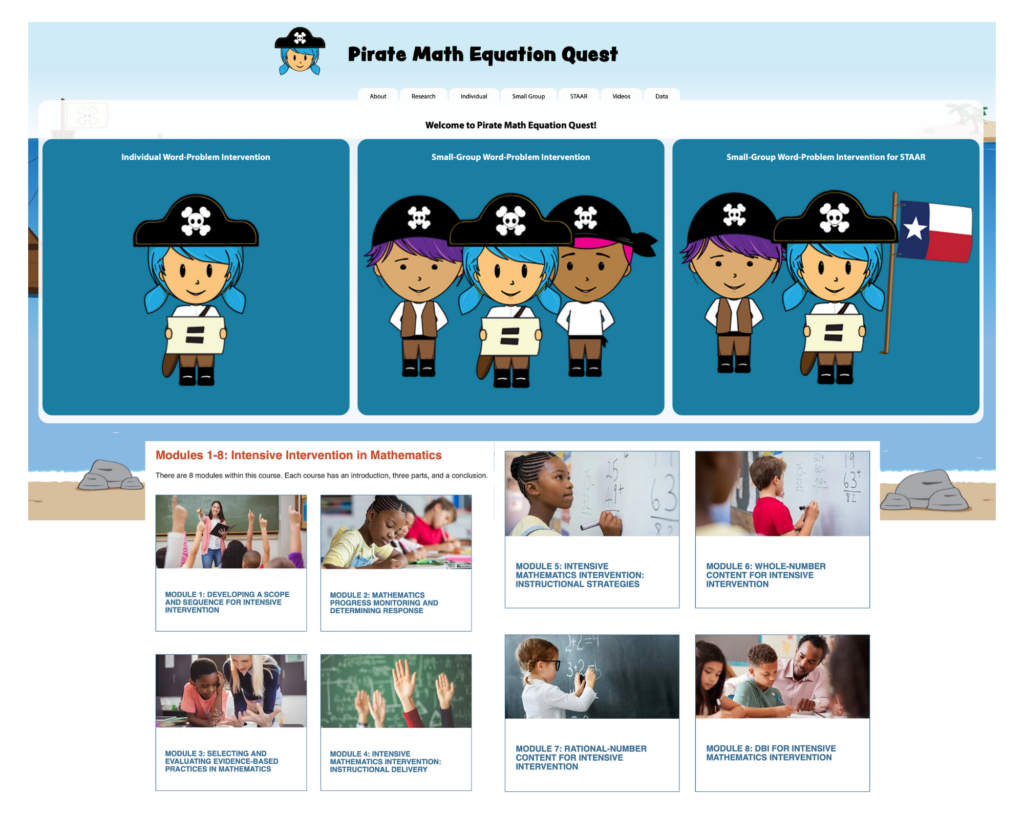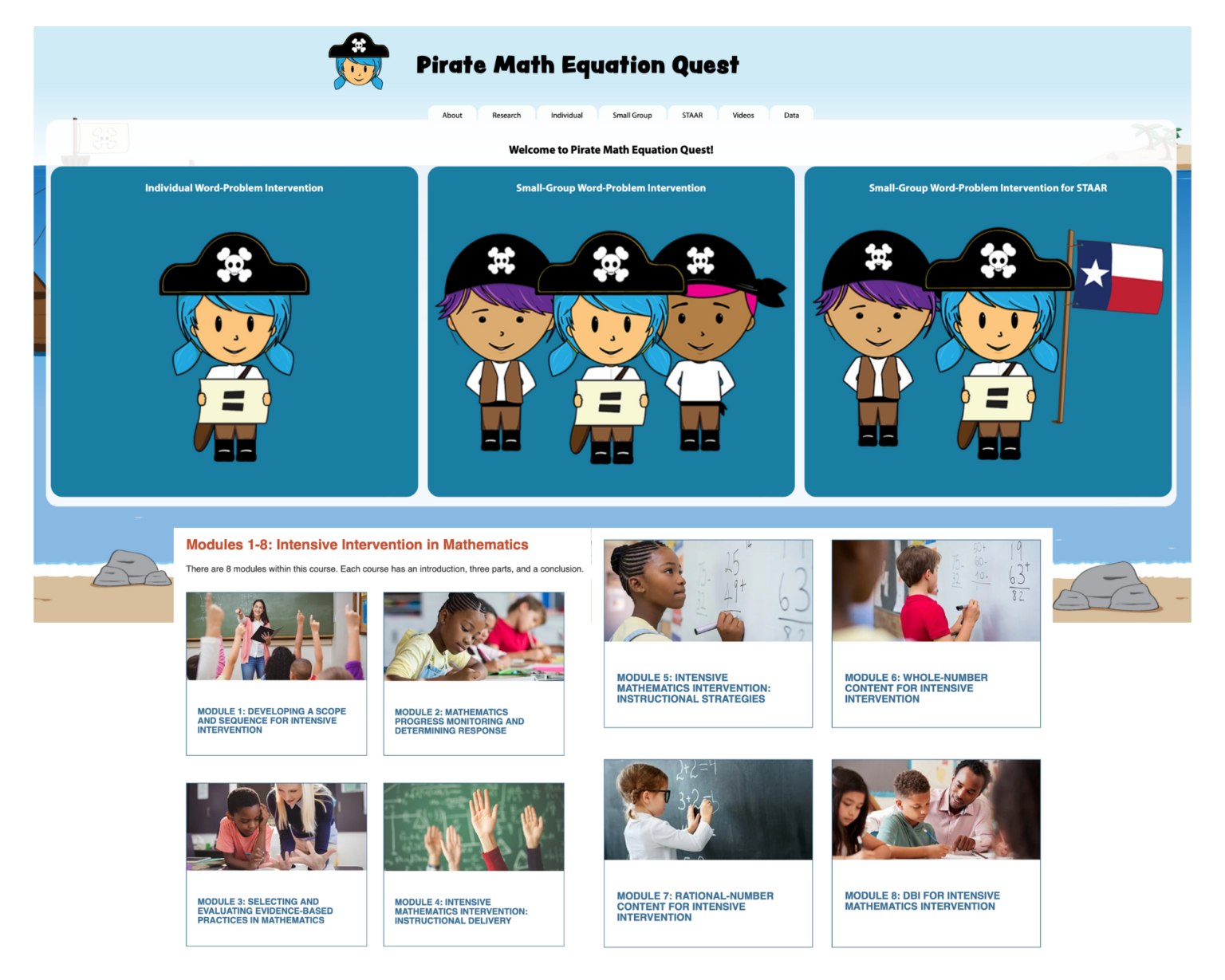In the past week there have been two fabulous blog posts about supporting leaning in mathematics.
The first by Natalie Wexler can be found at the link below
www.forbes.com/sites/nataliewexler/2022/06/21/when-language-prevents-kids-from-succeeding-at-math
While the second by Tim Shanahan can be found here
www.shanahanonliteracy.com/blog/can-reading-instruction-improve-math-learning-in-the-primary-grades
.. but what does this have to do with oral language and literacy?
‘Language is the medium of instruction in all mainstream schools, and is also the foundation of literacy skills [Fricke et al, 2017]
‘There is particularly strong evidence that a wide range of non-phonological language skills including vocabulary knowledge and grammatical skills are critically important for the development of reading comprehension [Fricke, et al, 2017]
Research from Grim, 2008 found that reading comprehension had a significant impact on math learning across the grade → Reading achievement had an impact on conceptual understanding of math and the application of math knowledge [ both the kids of skills involved in story problems] but not on computation [see Tim Shanahan’s blog above]
So this means that if you’re teaching content knowledge across the KLA’s across the grades you’re also working on supporting oral language skills. For those teaching K-2 in 2023 using the new K-2 NSW English Syllabus, this means that you’re programming for oral language outcomes will be integrated across your program rather than needing to be a stand alone ‘oral language’ lesson.
Furthermore, when teaching, you can be achieving English outcomes when teaching mathematics, since many students need explicit instruction to understand synonyms and antonyms of words used for addition, subtraction, multiplication and division in word based problem.
In 2021, I had the opportunity to attend a full day PD with Dr Sarah Powell organised by Sydney University. Dr Powell has been researching intervention for students requiring supports for solving Mathematical Story or Word Problems and has developed the most fabulous free Intervention resource → Pirate Math Equation Quest [www.piratemathequationquest.com]
In addition, on her website you can find a free multi unit online course that she developed which provides professional development on the topic of Mathematics Intervention and supporting students in Mathematics with Learning Difficulties. You can find it here.[ www.sarahpowellphd.com] and also the
An extra free resource that looks super useful is the Evidence Based Specially Designed Instruction in Mathematics which can be found here www.doe.virginia.gov/special_ed/disabilities/learning_disability/swd-mathematics-resources.pdf
It really is true that learning [across the curriculum] occurs on a sea of oral language [further supported by the ability to read and spell]





